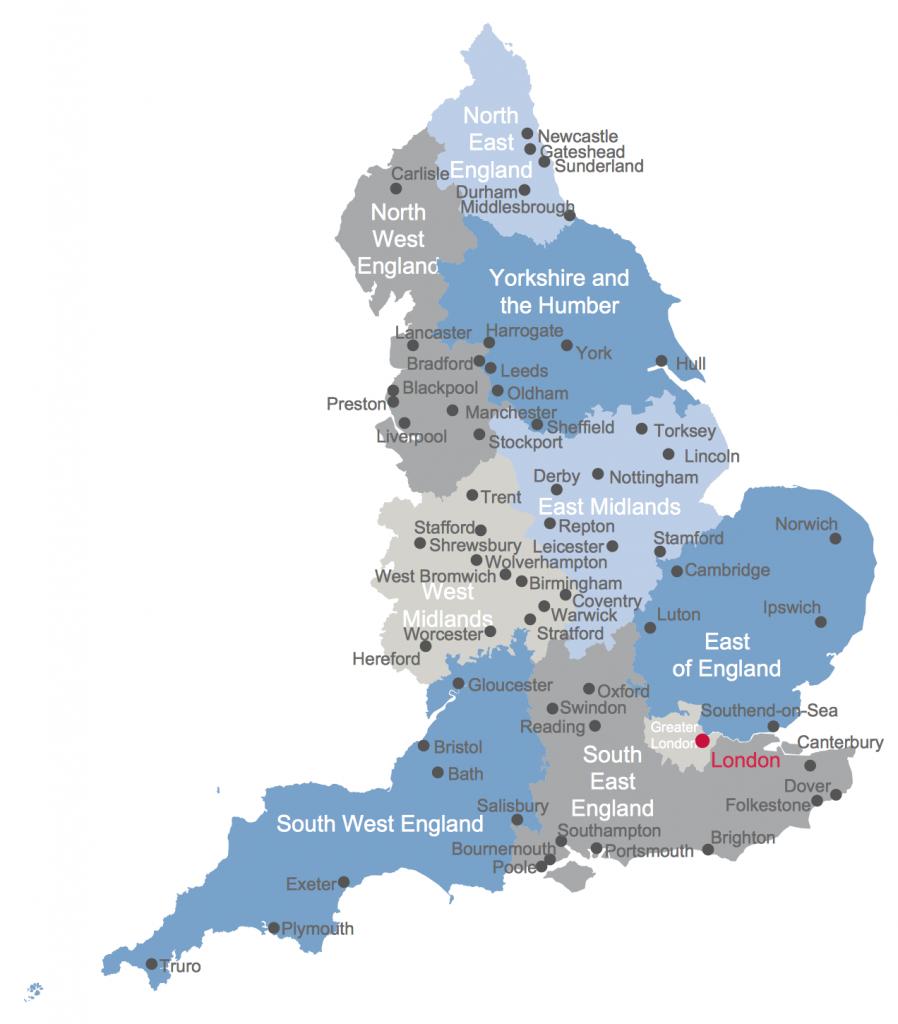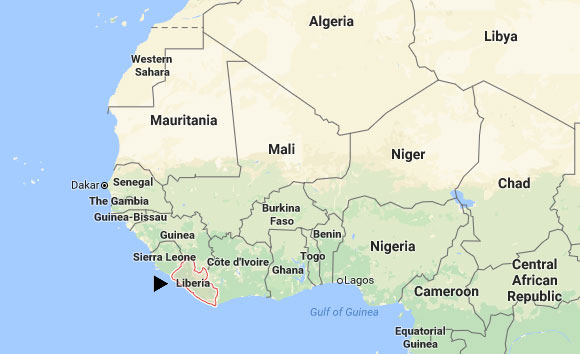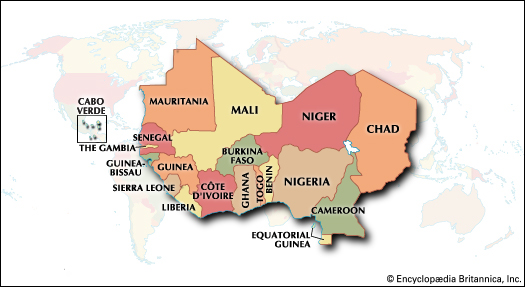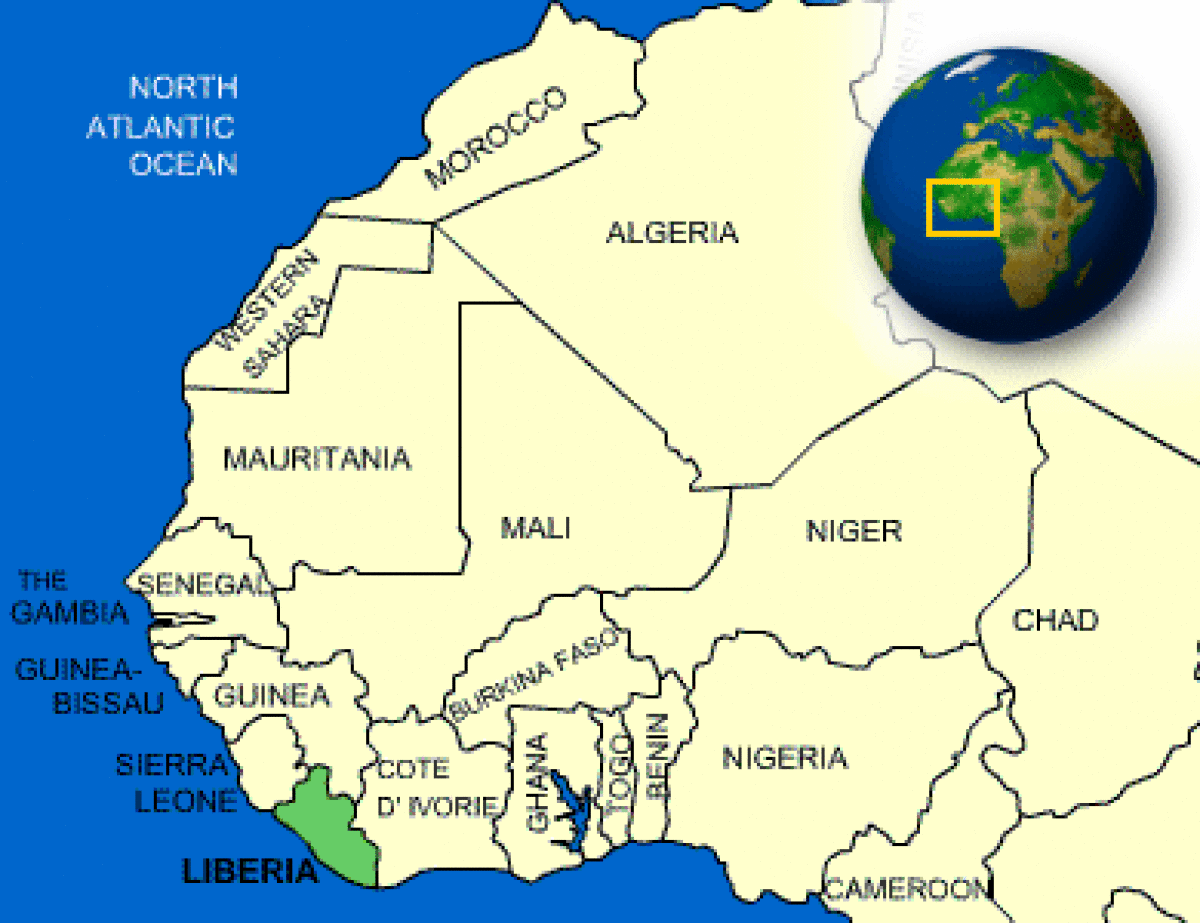Addressing Health Inequality and Access in the UK
People from the minority ethnic communities are more likely to have poorer health outcomes, a shorter life expectancy and have more difficulty in accessing healthcare than the majority of the population, and access to mental health services is a cause for concern. In response, the UK government has set out policies and action plan to address inequality of access to services, promote mental well-being and improve primary, secondary and community-based health services. Existing records show that ethnic populations have until now, experienced poorer health and barriers in accessing certain services. Closing the health gap for people in these population groups is now an important policy. The Government’s health policy notes that “Changing adults’ behaviour could reduce premature death, illnesses and costs to the NHS, thereby saving the NHS over £2.7 billion annually and over £13.9 billion to the UK economy per annum
Angellite works on programmatic approach promoting healthy lives, healthy living amongst the BAME communities and the public through public health education and enlightenment campaigns targeting risk factors associated with diabetes, coronary heart diseases and HIV/Aids which are prevalent amongst the (BAME) groups in our communities.


Education
Education is a right. It is also the most requested service, and key, to helping communities move towards peace and prosperity. Supporting education is recognition of people’s enormous potential and the right to a better future. Everyone deserves an education regardless of age or gender, religion or physical capacity, ethnic group or displacement through conflict. Education is essential if people are to participate in the life of their own communities.
Education is vital to lasting positive change in children’s lives. Yet for millions of children and youth in developing countries, education is almost beyond reach. In 2005, Sub-Saharan Africa accounted for over 76% of the World’s 120 million children out of school. The situation is particularly troubling for girls; with only one in ten girls affected by poverty attending school.
Angellite, along with different local development associations, conducted extensive series of surveys with the aim to find the root cause of this malady. Now armed with the findings of this research we are focusing on the communities in greatest need, design programs that minimize the obstacles to participation and make the content of education relevant to the realities of children’s lives. We particularly support projects that bring about enrollment, school attendance, quality learning, a conducive learning environment and the continuous capacity development of teachers. Our goal is to educate more than 300,000 children in the next five years.
HIV/Aids
Nearly 26 million people in sub-Saharan Africa are infected with HIV. The impact AIDS has on some of the world’s poorest children is immeasurable.
 Combating HIV/AIDS is through education and Partnership with Communities Angellite foresees the world where children and families can live free of HIV infection and those that are affected by HIV/AIDS can live positively and productively without stigma and discrimination.
Combating HIV/AIDS is through education and Partnership with Communities Angellite foresees the world where children and families can live free of HIV infection and those that are affected by HIV/AIDS can live positively and productively without stigma and discrimination.
We are partnering with community groups to continually support hundreds and thousands of people living HIV. Our approach is to address the pandemic through prevention, care and advocacy for policy change and global funding. Working with families, community groups, local governments and other non-governmental organizations, we strengthen local capacities to protect, prevent the spread of HIV, and care for community members infected with HIV/AIDS. In order to ensure a comprehensive and sustainable response to the epidemic as well as mitigate stigma and discrimination, our approach is to integrate HIV throughout various sector programs in education, health and advocacies.


Public Health and Sanitation
Africa, with 17 per cent of the world’s population, accounts for more than half of its maternal and child deaths, 89 per cent of malaria cases and 72 per cent of HIV/AIDS related deaths. The continent also has the world’s lowest average life expectancy, experiences the highest proportional yearly increases in communicable diseases, and faces an ever-growing burden of non-communicable diseases such as diabetes, cancer, and heart disease.
As a result, Angellite has joined forces with Global health alliances and other development partners in aligning our efforts in an unprecedented manner to urge for increased commitments to improve the health of Africa’s women and children through programmes aims at addressing highlighted public health predicaments.
Education
Education is vital to lasting positive change in childrens lives. Yet for millions of children and youth in developing countries, education is almost beyond reach. In 2005, Sub-Saharan Africa accounted for over 76% of the Worlds 120 million children out of school. The situation is particularly troubling for girls; with only one in ten girls affected by poverty attending school. Angellite, along with different local development associations, embarked on an extensive series of surveys with the aim to find the root cause of this problem. Now armed with the findings of this research we focus on the communities in greatest need, design programs that minimize the obstacles to participation and make the content of education relevant to the realities of children’s lives. We particularly support projects that bring about enrolment, school attendance, quality learning, a conducive learning environment and the continuous capacity development of teachers. Our goal is to educate more than 300,000 children in the next five years.
HIV/AIDS
Combating HIV/AIDS in through education and Partnership with Communities Angellite foresees a world where children and families can live free of HIV infection and those that are affected by HIV/AIDS can live positively and productively without stigma and discrimination. Consequently we in partner with our community groups continually support hundreds of thousands of people by HIV. Our approach is to addressing the pandemic through prevention, care and advocacy for policy change and global funding. Working with families, community groups, local governments and other nongovernmental organizations, we strengthen local capacities to protect, prevent the spread of HIV, and care for community members infected with HIV/AIDS. In order to ensure a comprehensive and sustainable response to the epidemic as well as mitigate stigma and discrimination, our approach is to integrate HIV throughout various sector programs in education, health and advocacies.
Health
Africa, with 17 percent of the world’s population, accounts for more than half of its maternal and child deaths, 89 percent of malaria cases and 72 percent of HIV/AIDS related deaths. The continent also has the world’s lowest average life expectancy, experiences the highest proportional yearly increases in communicable diseases, and faces an ever-growing burden of non-communicable diseases such as diabetes, cancer, and heart disease. As a result, Angellite has joined forces with Global health alliances and other development partners in aligning our efforts in an unprecedented manner to urge for increased commitments to improve the health of Africa’s women and children through programmes aid at addressing highlighted health predicaments.
